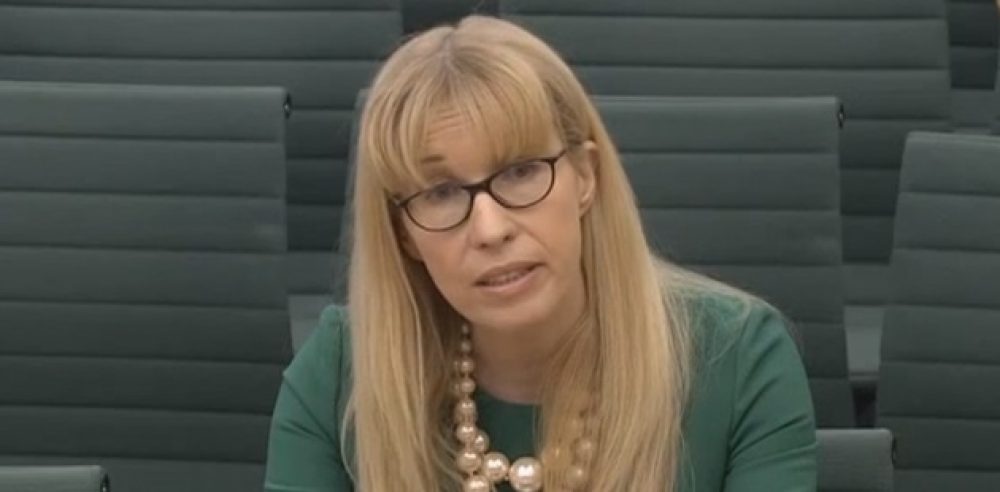Ofqual has confirmed it will adopt a new “fairer” approach to GCSE top grades after its proposed method won the backing of education professionals.
The exams regulator announced today that it will proceed with a proposal set out in April which uses a formula to determine the proportion of pupils receiving grade 9s in each subject. The method takes into account differences in the number of high-achievers sitting each exam, rather than requiring the same percentage of top-performers in every subject to receive a top grade.
A new numbered grading system for GCSEs will come into effect for English and maths next summer and for all subjects in 2018. A grade 7 will be roughly equivalent to a current grade A.
The proposal for grade 9s was drawn up after research by Education Datalab found Ofqual’s original plan to simply award the top grade to 20 per cent of those who hit a grade 7 would result in more grade 9s in some subjects than the current proportion of A*s – even though the grade 9 is supposed to be more difficult to achieve.
If 22 per cent of pupils achieved a grade seven in music, 18 per cent of top scorers would receive a grade nine
Under the formula now adopted by Ofqual, which was backed by 74 per cent of respondents to the consultation, the proportion of pupils getting a grade seven in a subject will be divided by two, then seven percentage points will be added to reveal the proportion of pupils receiving the top grade.
For example, if 22 per cent of pupils achieved a grade seven in music, the number would be divided by two to give 11 per cent, and then seven percentage points would then be added, to give a final figure of 18 per cent. This would mean 18 per cent of top scorers among the grade seven achievers would receive a grade nine.
Sally Collier, Ofqual’s chief regulator, said: “The aim of the new formula for awarding grade 9 is to be as fair as possible.
“The proportion of students achieving A* varies from subject to subject, and it will be the same with the new grade 9. Those who rely on GCSEs will know that those students achieving the top grade have performed exceptionally.”
Julie Swan, the watchdog’s executive director for general qualifications, added: “We know that relatively more A*s are now awarded in some subjects than others.
“If we had applied our original approach, some subjects would have had many more grade 9s than they currently have A*s and some would have had many fewer. This would have been particularly harsh on some subjects.
“The approach we are announcing today will allow for the natural variations that we currently see across subjects to continue, while providing clarity about the value of a grade 9.”
Ofqual intends to award grade eights in such a way that there will be an equal space between grades seven and nine.
The rule will only be applied in the first year of the new GCSEs, after which the boundaries will be based on a “mixture of statistics and examiner judgement”.








Your thoughts